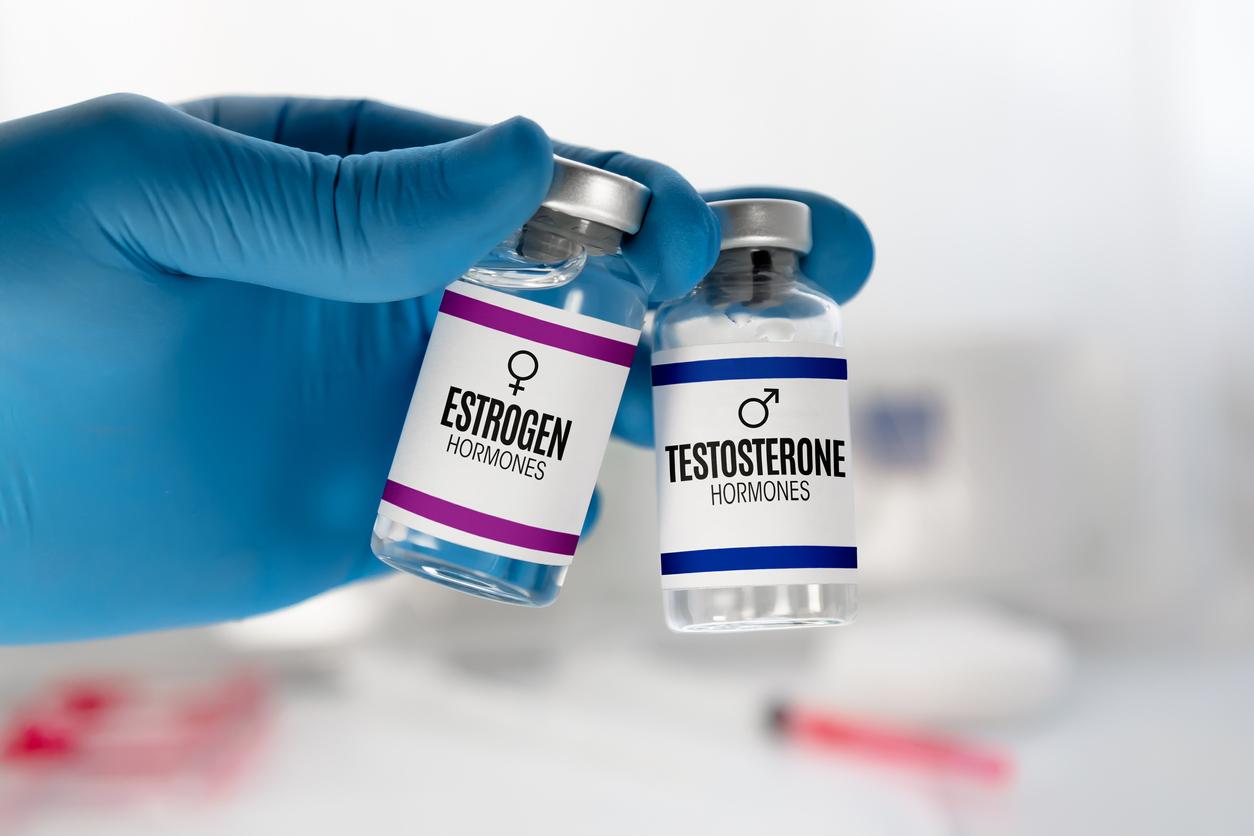Women with little exposure to testosterone before birth respond more by intuition than after reflection.

A male hormone would explain female intuition. It sounds paradoxical, but a Hispanic-British study links prenatal exposure to testosterone with a predisposition to adopt intuitive or reflective thinking. The results appear in the May edition of the journal Psychoneuroendocrinology.
Women trust their intuition more
Unlike intuition, thinking requires intense cognitive effort and conscious analysis. To verify whether the predominance of one or the other of the capacities is indeed linked to exposure to testosterone during pregnancy, the researchers recruited 600 students from the Faculty of Economics at the University of Granada (Spain).
First, the participants answered several questionnaires. Some were actually cognitive thinking tests (CRT). Made up of 3 questions, they assess the ability to overcome an intuitive response in order to think. The formulation of the question prompts us to respond intuitively, but to find the right answer, it is necessary to go beyond this first idea.
When faced with CRTs, the two sexes were not equal, although 61% of the participants were wrong on all questions, compared to 43% of the participants. “Women tend to give more intuitive answers, while men respond more thoughtfully. In other words, in this concrete test that penalizes intuition, men generally do better than women, ”explains Antonio Manuel Espín, lead author of the study. Where 16% of men answered just 2 questions, 9% of women did the same. Same observation with 3 correct answers: twice as many men were concerned.
A low digital ratio predisposes to intuition
The second step of this study was to measure the levels of prenatal exposure to testosterone. For this, a simple test exists: the digital ratio, which is obtained by dividing the length of the index by that of the ring finger of the same hand. “The lower the ratio, the greater the prenatal exposure to testosterone, and therefore the more“ masculine ”the brain disposition, regardless of the subject’s sex,” emphasizes Antonio Manuel Espín. “Men obviously have a lower average digital ratio than women. This ratio has already been associated with thinking skills. A previous study associated a low attention to detail ratio in autistic patients, whose digital ratio is particularly low.
In this general population, women with a more “masculine” digital ratio performed as well as men. “To be more specific, we found an indication that prenatal exposure to testosterone predisposes people to adopt a more reflective and less intuitive thinking,” says Antonio Manuel Espín. Not surprisingly, the female sex is more sensitive to it, because it naturally has less testosterone.
However, it would be “simplistic” to limit intuition to this one factor alone, the researchers admit. This could lead to “contradictory, erratic or inconclusive results,” they point out in their study. On the other hand, these results confirm what had already been suggested: prenatal exposure to testosterone influences brain development. For example, some studies had shown that high exposure made boys take more risks.
.

















